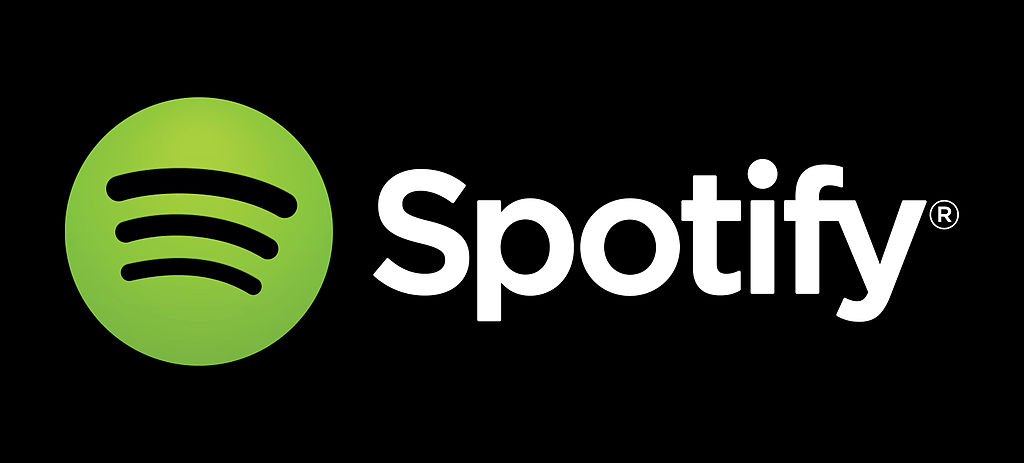Views expressed in opinion columns are the author’s own.
The Trump administration’s travel ban has people across the world worried. In these oppressive times, people often struggle to find hope, support and solidarity in their communities. Many are too afraid to stand up to their oppressors because it seems like no one stands with them. But Spotify is proving that music can bring people together to support those who are facing injustice.
Spotify’s new music initiative, called “I’m with the banned,” is giving groups of people who have been silenced and oppressed a chance to make their voices heard. Through original music and video content, artists from different cultures will be able to share their stories with Spotify’s estimated 140 million active listeners spread across 60 different countries.
“I’m with the banned” features an artist from each Muslim-majority country the travel ban directly affects: Libya, Iran, Syria, Sudan, Somalia and Yemen. Each artist recorded a new single in Toronto in collaboration with famous American artists such as Desiigner, X Ambassadors and Pusha T. The six songs these collaborations produced are accompanied by several short videos telling the artists’ stories. A documentary profiling each artist more thoroughly is expected in the fall.
By bringing in American artists and producers, Spotify is showing the rest of the world what coming together and casting aside differences really looks like. Reputable musicians boldly stood up against the travel ban in agreeing to collaborate with the banned artists. “It’s important for me to stand up as an American and say ‘I don’t believe in this,'” said musician K.Flay, regarding the travel ban. “Being a part of this project not only gave me the opportunity to show support for those who have been banned, but to make music in a wild and beautiful collaborative environment.” K.Flay spent time in Toronto working with with Iranian artist Kasra V on their new single “Justify You.”
While there are severe implications for the artists included in “I’m with the banned,” their music doesn’t convey an overwhelming sense of sorrow or a loss of hope. If anything, there are underlying sounds of joy and hope packed into each track. The songs also blend genres freely, giving each track a unique and collaborative feeling. I could hear people of different cultures and ethnicities coming together through the music. Essentially, Spotify made solidarity audible, and that’s incredibly powerful.
As a music-loving American who is not personally affected by the proposed travel ban, I want to empathize with those affected and understand their stories so that I may support them in any way possible. “I’m with the banned” allowed me to build not only a foundational understanding of the struggles faced by “the banned,” but a deep realization of my own privilege. I take things for granted daily: my health, my safety, my countless individual freedoms. I take things for granted that others currently are fighting tooth and nail for. I hope to remain conscious of my privilege and to use it to raise awareness about the severity of the travel ban’s effect on real human lives. I encourage you to do the same.
Spotify has a chance to do something big here. Even if just half of its listeners expose themselves to the “I’m with the banned” content, I’m confident that 70 million people have the power to move mountains and catalyze a great change. Of course, change will only come if we stand together and take deliberate, intentional action in response to the initiative’s message. Music is an effective unifier, and it has been so throughout history. “I’m with the banned” has the potential to be powerful and positive, and to unite people across continents while sending an important message.
Sydney Wess is a junior broadcast journalism and art history major. She can be reached at swess@terpmail.umd.edu.



